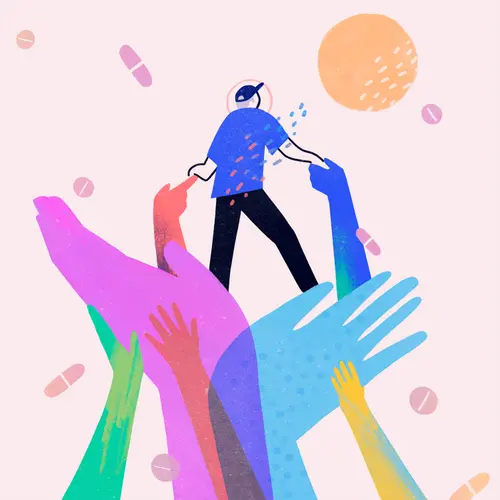Bipolar disorder is a mental illness marked by extreme swings in your mood, energy, and thinking. Although it’s not an official symptom of bipolar disorder, some research suggests that it also may affect your empathy, an emotional skill needed to recognize and to understand another person’s feelings.
Researchers think this brain disorder may both hinder and enhance your ability to tune into and share the emotions of those around you. But studies have been small and few, and their findings don’t always agree.
Still, researchers have theories about the ways that bipolar disorder can color your empathy.
How Bipolar Disorder Affects Empathy
Your capacity for empathy may depend on the mood shifts that are the hallmark of your condition. You may react differently when you’re in an up, or manic, period, than when you’re in a depressed phase.
Reading facial expressions. Bipolar disorder may make it more difficult for you to interpret people’s emotions. Missed clues make it harder for you to empathize when others feel happy or sad. If someone is feeling troubled, you may lack enough empathy to be moved to help.
Spotting negative emotions. When you’re manic, you may perceive someone’s sadness or anger as something positive, like excitement. This could lead you to react inappropriately.
Faulty perception. When your mood is high, you may feel overly connected to others in social situations. That may cause you to overestimate their enthusiasm or other positive emotions than they actually feel. On the flip side, when you’re in a depressed phase, you may read facial and other cues as more negative than may be the case.
Self-focus. Some research shows that when you’re depressed, other people’s distress may lead you to direct empathy inward instead of toward the other person. So you focus on your own sadness instead of comforting others.
Bipolar Medications and Empathy
Certain bipolar drugs may increase your empathy. In one study, people with bipolar disorder who were taking antipsychotics, antidepressants, and mood stabilizers for treatment better related with the pain of others.
That wasn’t true of antianxiety medication. The researchers think this may be because these drugs work in part by suppressing your emotions.
Tips to Build Empathy
This ability is one of the key ways you connect with others and forge close relationships. Practices that focus on building empathy may help you gain this skill.
Listen actively. Ask those you want to connect with to share their thoughts. Then repeat what you heard in your own words to show that you understand how they feel. Ask questions. Face them, make eye contact, and nod to show your interest.
Think of what you have in common with others. Pick someone whose life or personality is far different than your own. Then list the traits and things that you have in common.
Meditate. Loving-kindness meditation, which helps you grow concern for others, can increase empathy.
Believe that you can learn empathy. This may help you try harder to listen to and to empathize with others.

